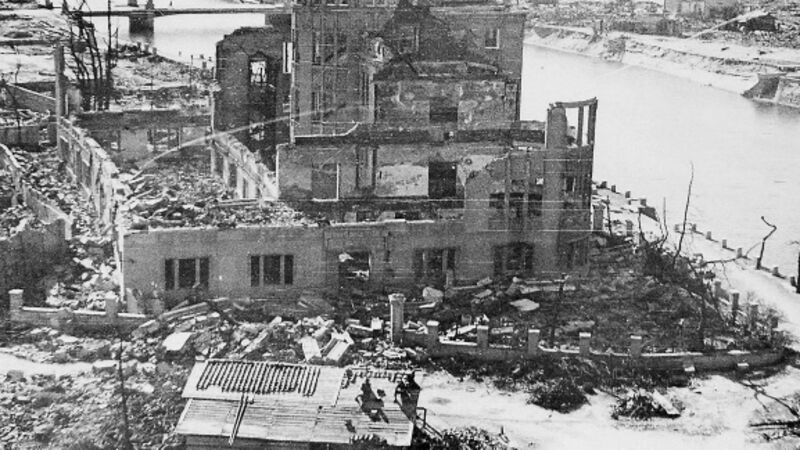No one will surrender nuclear arms - Realism in a challenging world

It is usually, but not always, a reflection of a prevailing ethos or mood. Report after report detailing appalling child abuse means that even a satirist as penetrating and as humane as Jonathan Swift might not be able to publish his Modest Proposal of 1729 which suggested the best thing to do with the children of the poor would be to eat them. It would be far too close to the bone for today’s sensibilities — sensibilities that erupted when a half tame lion was killed by a US dentist using a bow and arrow but seemed comparatively unmoved by an outbreak of ebola on the same continent.
Equally, that parlour-game of our day — counter-historical speculation — might be given real meaning and some value if we considered how American foreign policy might be different had the battle of Stalingrad, widely recognised as the most savage and bloodiest battle in the history of warfare, been instead the battle of San Francisco or Spokane. Or if this week we marked the 70th anniversary of the nuclear bombing of Houston and New York rather than Hiroshima and Nagasaki. How different our opinions, our freedom to express them and our world would be.














